- Overview
- Symptoms & Types
- Tests & Diagnosis
- Treatment
- Living With
- Support & Resources
- View Full Guide
Tips to Lower Your Blood Pressure

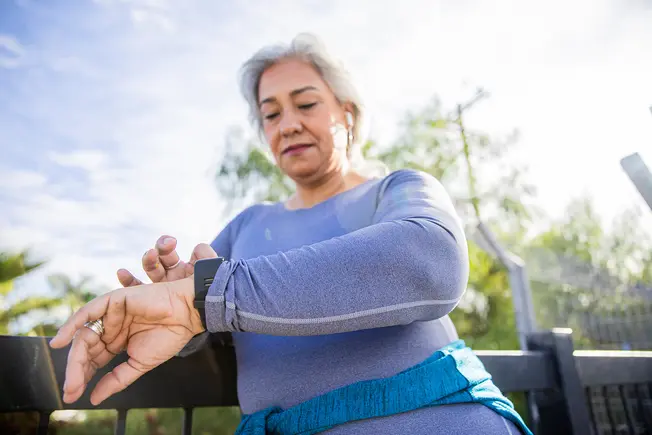
Your Everyday Choices Matter
If your blood pressure is high, your doctor may prescribe medication to help keep it in check. But the lifestyle decisions you make each day play a key role, too. There are easy changes you can make to help your blood pressure trend lower. Stick with them and you may need less medicine and feel better in general.

Get a Better Handle on Stress
When you're stressed, your body makes hormones that cause your blood pressure to spike. Take note of when you feel tense and then look for ways to calm down. Studies show that yoga and meditation can help lower blood pressure. If you haven't tried either, ask your doctor to suggest a class where you can learn different methods. Many medical centers offer them for free.
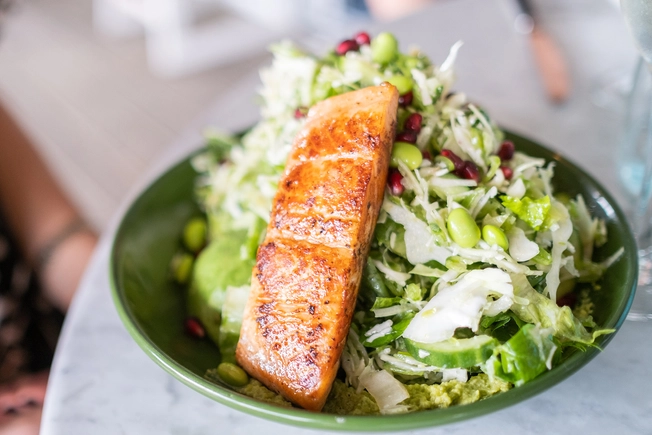
Watch What You Eat
Give the DASH diet a try. The long version of its name: dietary approaches to stop hypertension. It's an eating plan that can help you manage your blood pressure. You avoid foods high in saturated fat and cholesterol and focus on those that are rich in protein and fiber, like whole grains, lean poultry, fish, and low-fat dairy. Start today by adding a veggie or fruit at each meal or cutting back on sweets and salty snacks.

Cut Back on Salt
Too much sodium in your diet can push your blood pressure up. Aim for no more than 1,500 milligrams each day. To stay in that range, eat fewer canned and packaged foods. Read the labels and choose brands with the least amount of sodium. Instead of reaching for the saltshaker at the table, use freshly ground pepper or a squeeze of lemon.
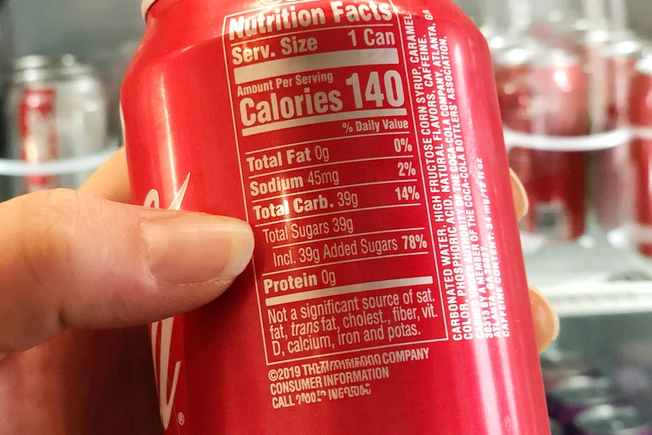
Go Easy on the Sweet Stuff
High amounts of sugar can raise your blood pressure as well as inflammation in your body. You won't be surprised to find sweeteners in soda, cereal, and cookies. But they also hide in many processed foods that don't taste sweet, like salad dressing and soup. Keep track of how much sugar you have each day and try to limit yourself to about 6 teaspoons for most adult women and no more than about 9 teaspoons for most men.
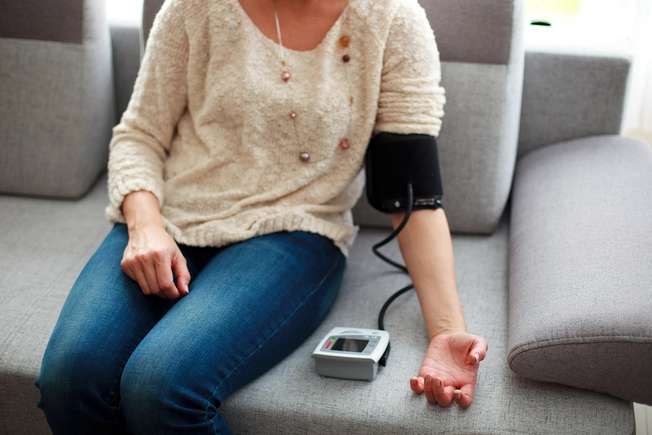
Track Your Blood Pressure
When you use a blood pressure monitor at home, you're able to see how your readings change throughout each day and over time. Keep track of your numbers in a notebook or on your phone so you can share them at your next doctor's visit. If you take a medicine to manage your blood pressure, these measurements can show how well it's working.

Limit Caffeine
If you're sensitive to caffeine, as little as 200 milligrams can raise your blood pressure. That's the amount in two cups of coffee. And caffeine shows up in other foods too, like soda and energy drinks. Check your blood pressure about half an hour after you have a drink with caffeine. If your reading goes up by 5 points or more, you may need to cut back.
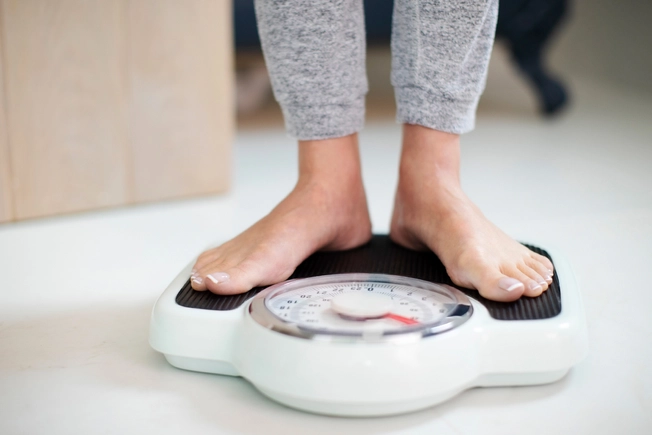
Maintain a Healthy Weight
As your weight rises, your blood pressure does, too. This is especially true if you carry extra pounds around your waist. To drop weight, try to eat fewer calories than you use during your day. But go slow. Losing no more than 2 pounds each week is a healthy goal and sets you up for success. For more guidance, talk to your doctor.

Eat More Probiotics
Your gut health plays a role in your blood pressure, although experts are still trying to figure out the link. So far, studies show that food with "good" bacteria called probiotics can help maintain a healthy blood pressure. To reap this benefit, eat more yogurt. Fermented foods like sauerkraut, kimchi, miso, and tempeh are also rich in probiotics.

Get Better Sleep
Most people need 7 to 8 hours of shut-eye each night. Get less than that and your blood pressure can become harder to manage. That's because sleep helps control your stress hormones and keeps your nervous system running smoothly. If you have insomnia, talk to your doctor about what's keeping you awake at night. You may also want to get checked for sleep apnea, a disorder that makes you briefly stop breathing and can also affect your blood pressure.

Move More
Exercise is one of the best things you can do to lower your blood pressure. Aim for 30 minutes of activity most days. Not a fan of the gym? Gardening, walking your dog, and playing with your kids at the park counts, too. If you're short on time, break up that 30-minute goal into three 10-minute bursts of movement. If you have heart issues, check with your doctor first about the best types of activity for you.
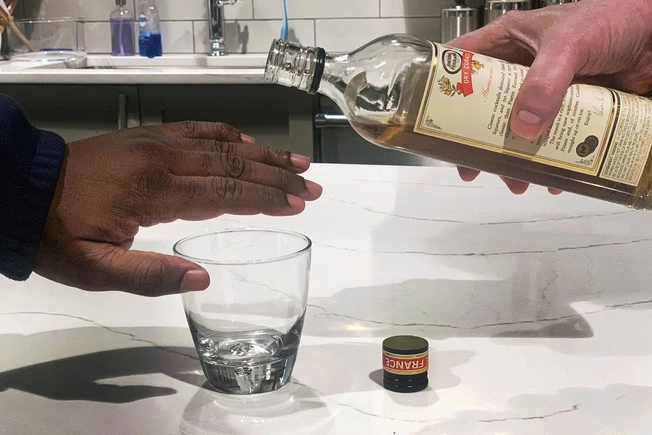
Drink Less Alcohol
Besides raising your blood pressure, drinking too much can make you more likely to have problems with your heart, liver, and brain. Women should have no more than one drink each day. Men should have no more than two. Keep in mind that "one drink" means one can of beer, one glass of wine, or a shot of hard alcohol like whiskey.

If You Smoke, Quit
Nicotine narrows your blood vessels and makes your heart beat faster, which raises your blood pressure. If you stop smoking, you may find that your blood pressure returns to a normal range. Talk to your doctor about ways to quit smoking for good.

Use Care With Over-the-Counter Meds
Some over-the-counter drugs and supplements can raise your blood pressure. Among them are cold medicines, pain relievers, and herbal supplements like arnica, ginseng, and St. John's wort. Make sure your doctor knows the products you use, especially if you take a prescription medication to manage your blood pressure. Check in with them or your pharmacist before you try anything new.
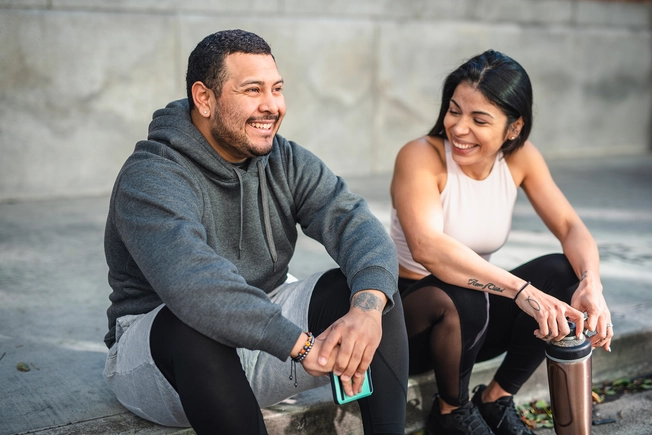
Get Support
Big changes are easier when you have loved ones rooting for you. Tell family and friends about your plans to lower your blood pressure. Let them know how they can help, whether it's not smoking around you, cooking healthier meals, or meeting you at the gym to work out together. You may be surprised how eager people are to help you improve your health.